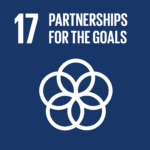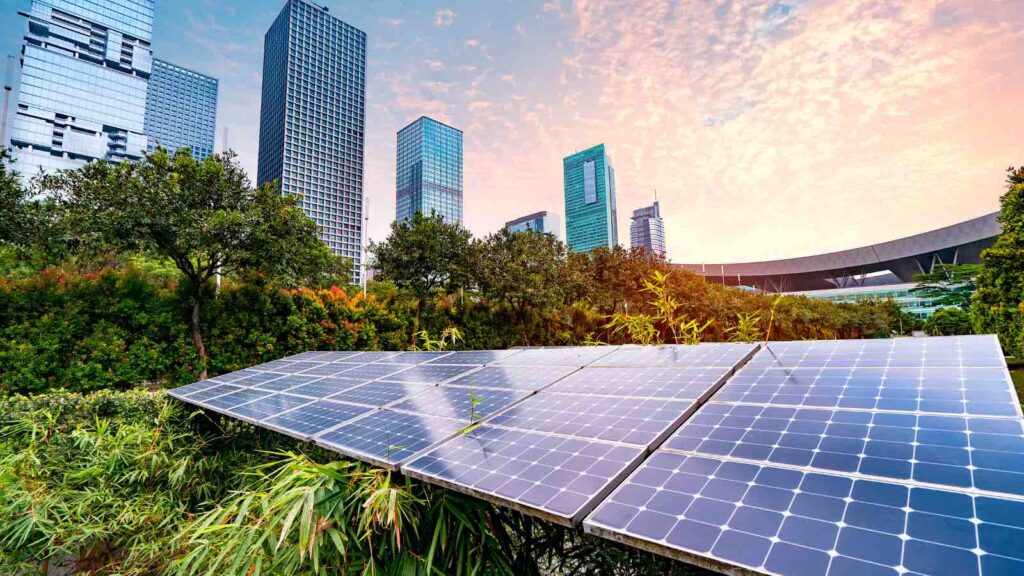The Philippines and Indonesia make up most of the US$6.3 billion in private green investments towards decarbonisation goals in 2023.
In the race to meet Southeast Asia’s stringent 2030 emissions targets—requiring a colossal $1.5 trillion investment—Indonesia and the Philippines have emerged as key contributors, pumping the majority of the recent $6.3 billion increase into green investments. This funding surge, detailed in a study by Bain & Company along with Singapore’s state investor Temasek, underscores the region’s commitment to sustainable development.
The investments span across various climate-friendly projects aimed at propelling the region towards its decarbonization goals, emphasizing environmentally responsible practices. While these nations lead in monetary contributions, Singapore and Vietnam have shown notable progress in meeting their climate goals over the past year, as the region grapples to meet US$1.5 trillion required to achieve 2030 emissions targets.
RELEVANT SUSTAINABLE GOALS



Rapid Growth and Emerging Challenges
The report highlights remarkable investment growth in Malaysia and Laos, with year-over-year increases of 326% and 126%, respectively, in 2023. However, challenges loom large, particularly in industries like steel and cement, which are crucial but difficult to decarbonize. Tackling these “hard to abate” sectors is vital for the region’s transition to net-zero emissions.
Strategic Investments and Accelerators
Bain & Company and Temasek identified 94 investable decarbonization initiatives across Southeast Asia, focusing on six areas including improved farming techniques and green transport. Of these, 13 top ideas could potentially generate $150 billion annually by 2030 if fully realized. These initiatives span across four sectors: nature and agriculture, power, transport, and buildings.
Kimberly Tan, Head of Investments at GenZero, emphasized that Southeast Asia, one of the regions most vulnerable to climate change, must significantly ramp up its climate investments. She suggested that comprehensive policy frameworks, clear regulations, and solid financing plans are essential to attract private investment and facilitate a faster transition.
The report also underscores the importance of innovative financing mechanisms, such as blended finance, which combines catalytic and commercial capital to increase project bankability. This approach could potentially unlock an additional $20 billion annually for the region.
The urgency for regional collaboration and innovative policy incentives was highlighted as crucial for advancing Southeast Asia’s green transition. Proposals include a regional cross-border grid to enhance renewable energy access and the expansion of the ASEAN Taxonomy to align stakeholders on credible transition and green finance definitions.
Read the full report here
Lead image of solar power peat in modern city by Kenny from Getty Images
You may also be interested in :
Singapore Launches World’s Largest Ocean CO2 Removal Facility For Climate Change Mitigation




